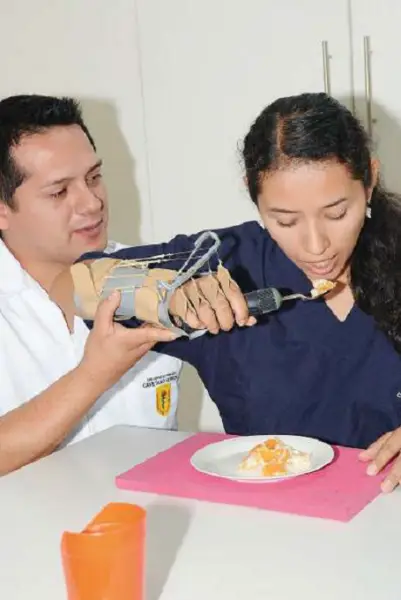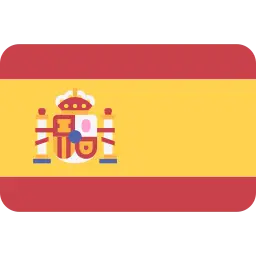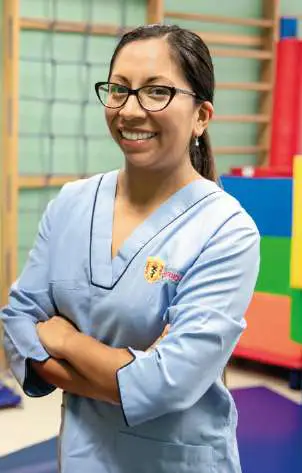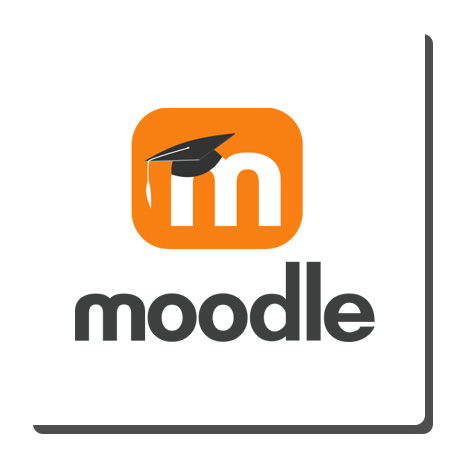Occupational Therapy
Empowering skills and abilities that give meaning to your life
About the Occupational Therapy Degree Course
The degree course prepares future professionals to improve the quality of life of people and respond to the problems of health, education, justice, and work from a focus on healthy and meaningful occupations, collaborating with the social development of our country.
Faculty: Medicine
Duration: 10 semesters (5 years)
Site: Central campus
Degree earned: Bachelor’s Degree in Occupational Therapy

Why choose us?
Generic Competencies of Graduate
Graduates integrate different types of thinking (scientific, logical, critical, systemic, and innovative) for the solution of complex problems through the mastery of cognitive skills such as logical reasoning in challenging situations. They are prepared to address present and future challenges in the exercise of their profession and to tackle the transformation of the environment as committed citizens
Graduates use verbal and non-verbal language to interact effectively in various inclusive, multicultural, and multilingual contexts. Also, they make conscious use of information and communication technologies. They join collaborative work teams to achieve common goals in multicultural, academic, and professional contexts. Moreover, they assume leadership roles with responsibility and respect for other people’s views.
Graduates act ethically and responsibly in different academic, professional practice, and research contexts. They carry out their work honestly, rigorously, and coherently in terms of their values: tolerance, openness, responsibility, environmental awareness, respect, democratic participation, and a sense of belonging.
Graduates creatively propose innovative solutions to solve a situation or problem; they demonstrate initiative and take action in improving their environments within the framework of values consistent with sustainable development: tolerance, openness, responsibility, environmental awareness, respect, democratic participation, and a sense of belonging.
Program Curriculum
*Curriculum subject to modifications as part of the curriculum update process.
International Agreements
North America
USA
- Universidad de Carolina del Norte en Chapel Hill
Europe

Spain
- Universidad Autónoma de Madrid
- Universidad de Castilla – La Mancha
- Universidad Complutense de Madrid
Latin America
Chile
- Pontificia Universidad Católica de Chile
Colombia
- Universidad Nacional de Colombia
Our testimonials
Rosario Cárdenas Velásquez
Graduate
The first time I heard about Occupational Therapy was at a vocational fair and from then on I knew that this was my profession. During the years of study at Cayetano I discovered my inclination for the care of children and young people. Currently I have a network of therapeutic centers called Sentidos-Terpias Integradas (Integrated Senses-Therapies) and I am happy to have achieved my goal

Faculty of Medicine
Av. Honorio Delgado 430, Urb. Ingeniería, Lima – Perú
fmee.tramite.documentario@oficinas-upch.pe
(511) 319-0000 anexo 222205

